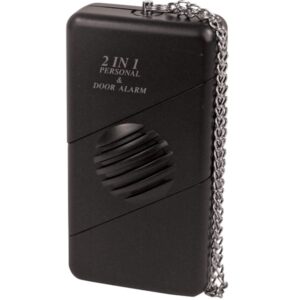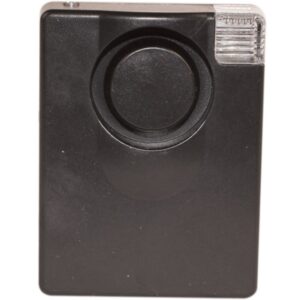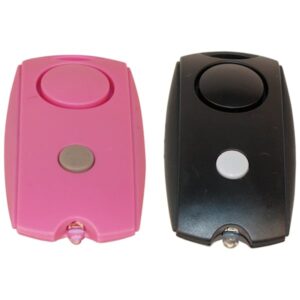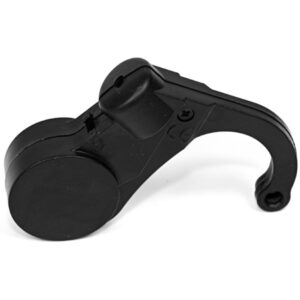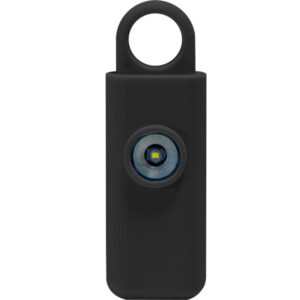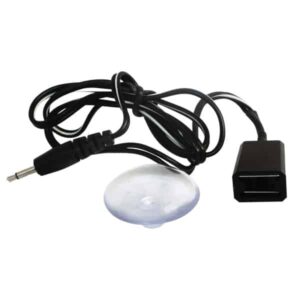Fight Back Security
free shipping on orders over $50
WE’RE HAVING A SHORT SALE ON ALL OUR PRODUCTS. ENTER YOUR EMAIL BELOW TO BE NOTIFIED ABOUT FUTURE SALES.

Personal alarms are small devices that make a loud noise when activated, alerting other people to your location and deterring attackers. They are typically handheld devices that can be easily carried on your person at all times, making them a convenient and effective tool for self-defense. Personal alarms are designed to emit a loud siren or alarm sound when activated, alerting nearby individuals to the potential danger in the area and scaring off attackers. The sound of the alarm is usually loud enough to attract attention from at least several hundred feet away, depending on the device. Personal alarms have become increasingly popular over the years due to their effectiveness and convenience. These devices are relatively inexpensive and an invaluable tool for self-defense in potentially dangerous situations.
The most common type of personal alarm is a battery-powered device that emits a loud siren or alarm sound when activated. Many modern personal alarms also include flashing lights, vibration sensors, or even pepper spray for additional protection. One such example is the PAL-S, it features a small and portable alarm with a strobe light making it the perfect extra security for jogging, hiking, or just taking a stroll. Another great personal alarm is the NZ-1 or Nap Zapper. The Nap Zapper is a small device the fits around and over your ear and will emit a alarm should your head become to inclined, ensuring you stay awake while driving.
The laws and legalities for personal alarms vary from state to state. In most states, it is legal to carry a personal alarm in public spaces, but there may be restrictions on how it may be used. For example, some states may limit the sound level of a personal alarm or prohibit its use in certain public places; other states may require users to obtain a permit before using a personal alarm. Additionally, if an individual activates a personal alarm with malicious intent, they can face criminal charges
Showing all 9 results
